Change the Raspberry Pi Boot Order
Looking to boot your Raspberry Pi from a hard drive? Great news: it’s possible! However, you’ll still need an SD card initially to configure the boot order.
Installing Raspberry Pi OS
First, you'll need to install Raspberry Pi OS on both your SD card and hard drive. To make this easier, the Raspberry Pi Foundation provides a handy tool called the Raspberry Pi Imager that can install Raspberry Pi OS on various devices.
Raspberry Pi Imager
- Download the latest version of the Raspberry Pi Imager from raspberrypi.com.
- Launch the Raspberry Pi Imager software. You should see this welcome screen:
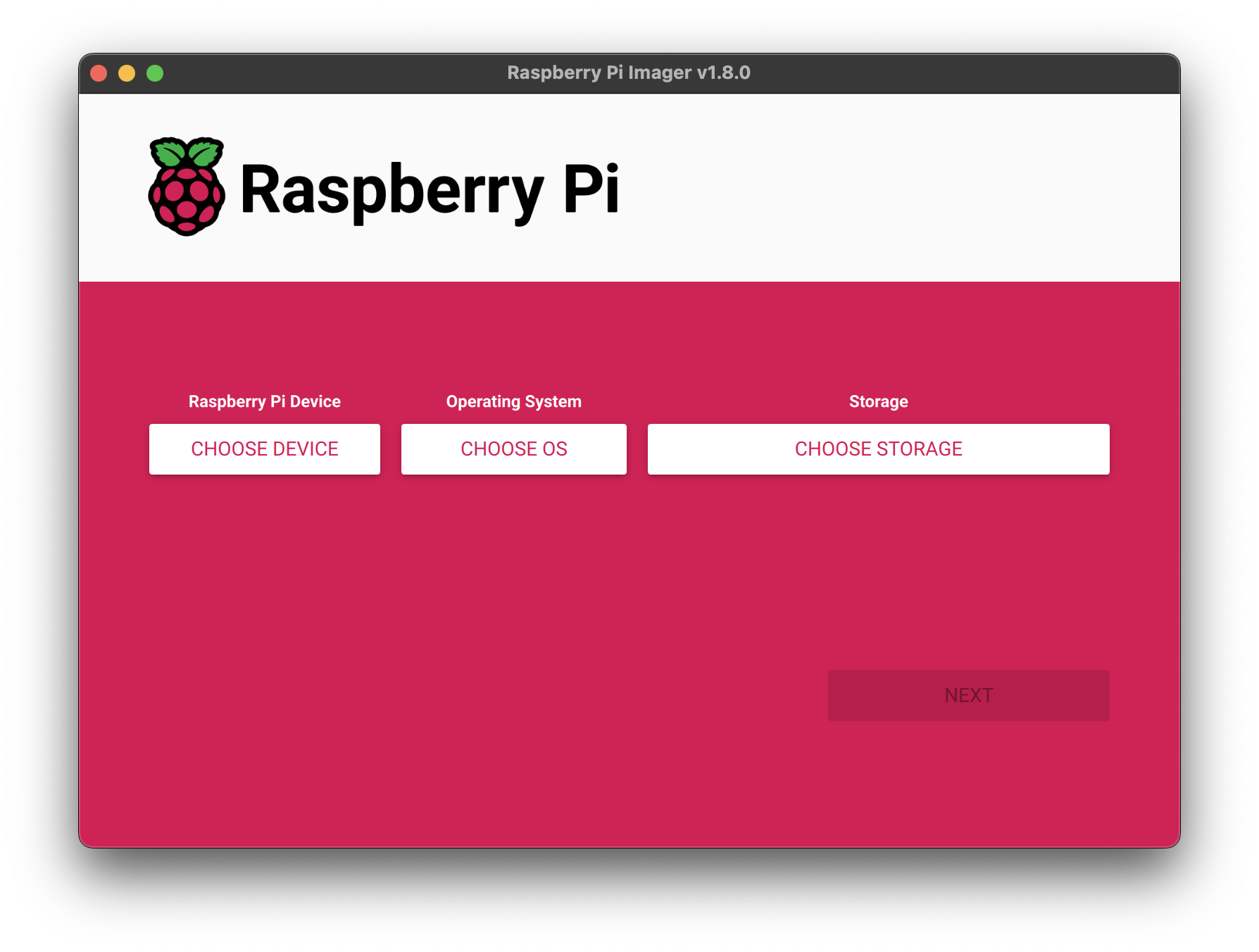
- Click Choose OS and select your Raspberry Pi model. For example, Raspberry Pi 4:
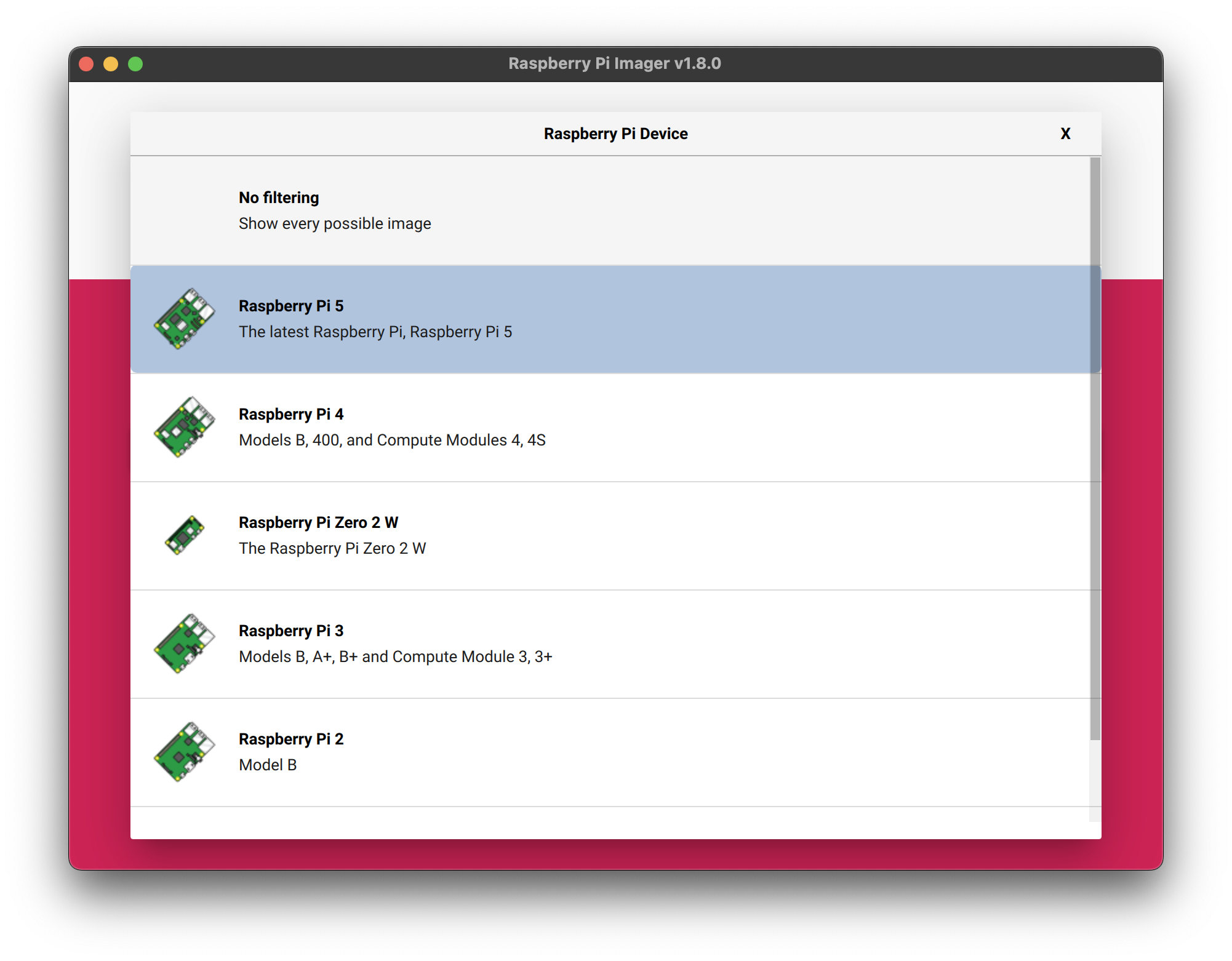
- Next, click Choose OS and pick an operating system to install. Here, I selected Raspberry Pi OS Lite (64-bit), found under Raspberry Pi OS (other):
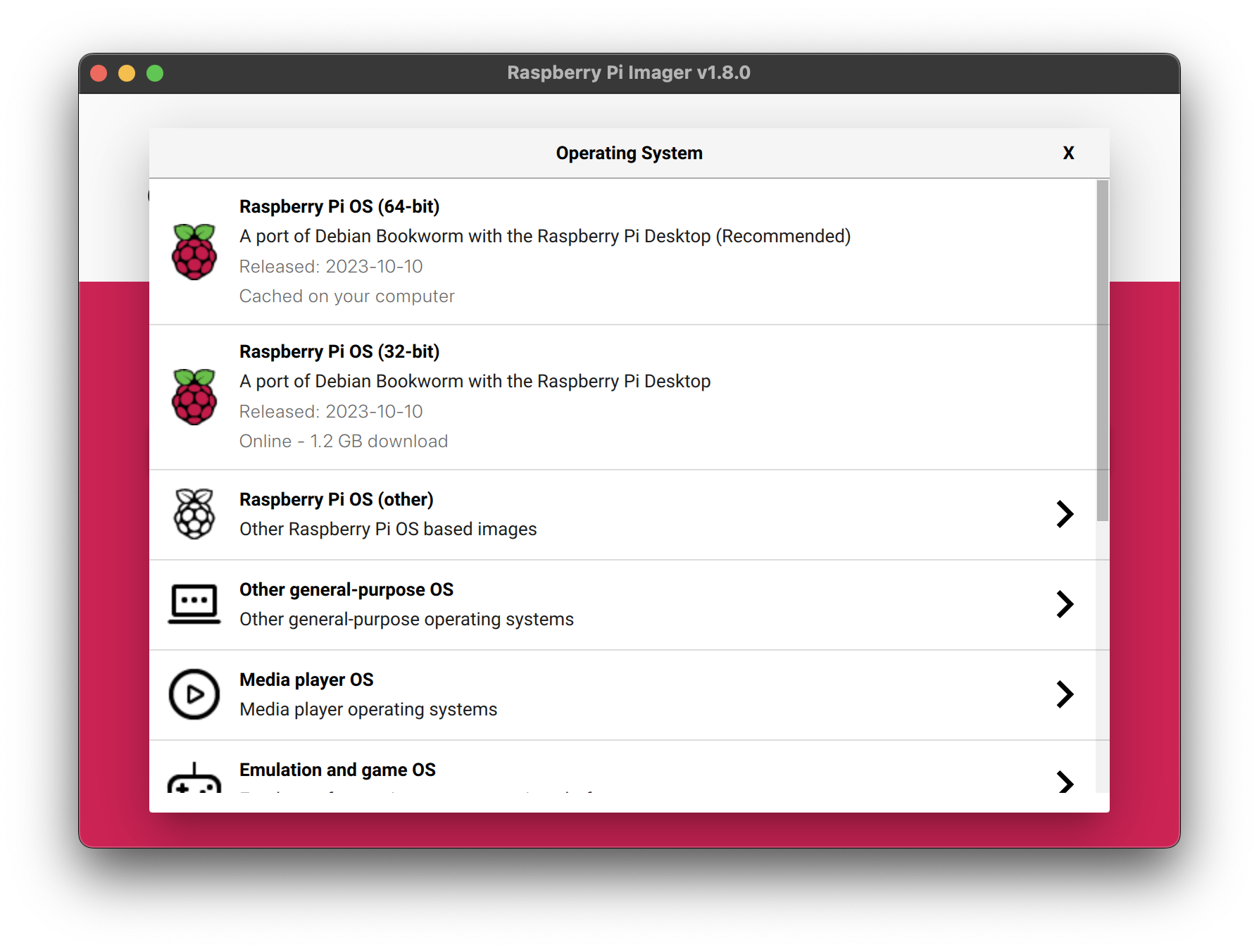
- Click Choose Storage and select the storage device, either the SD card or the hard drive.
- Repeat the process to install Raspberry Pi OS on your other device.
- Plug in both the SD card and the hard drive into your Raspberry Pi, then power it on.
- Follow the on-screen instructions to configure your Raspberry Pi.
Installing the Latest Bootloader
Connect to your Raspberry Pi via SSH or directly. Open the Terminal and run these commands:
sudo apt update
sudo apt upgrade
sudo rpi-eeprom-update
sudo reboot
- The
updatecommand refreshes the package list from your distribution’s software repository. - The
upgradecommand installs updates for all outdated packages and dependencies. - The
rpi-eeprom-updatecommand updates the bootloader EEPROM images on your Raspberry Pi 4. - Finally,
rebootrestarts your Raspberry Pi.
Once your Raspberry Pi is back online, connect to it again and run:
sudo raspi-config
You'll see this screen:
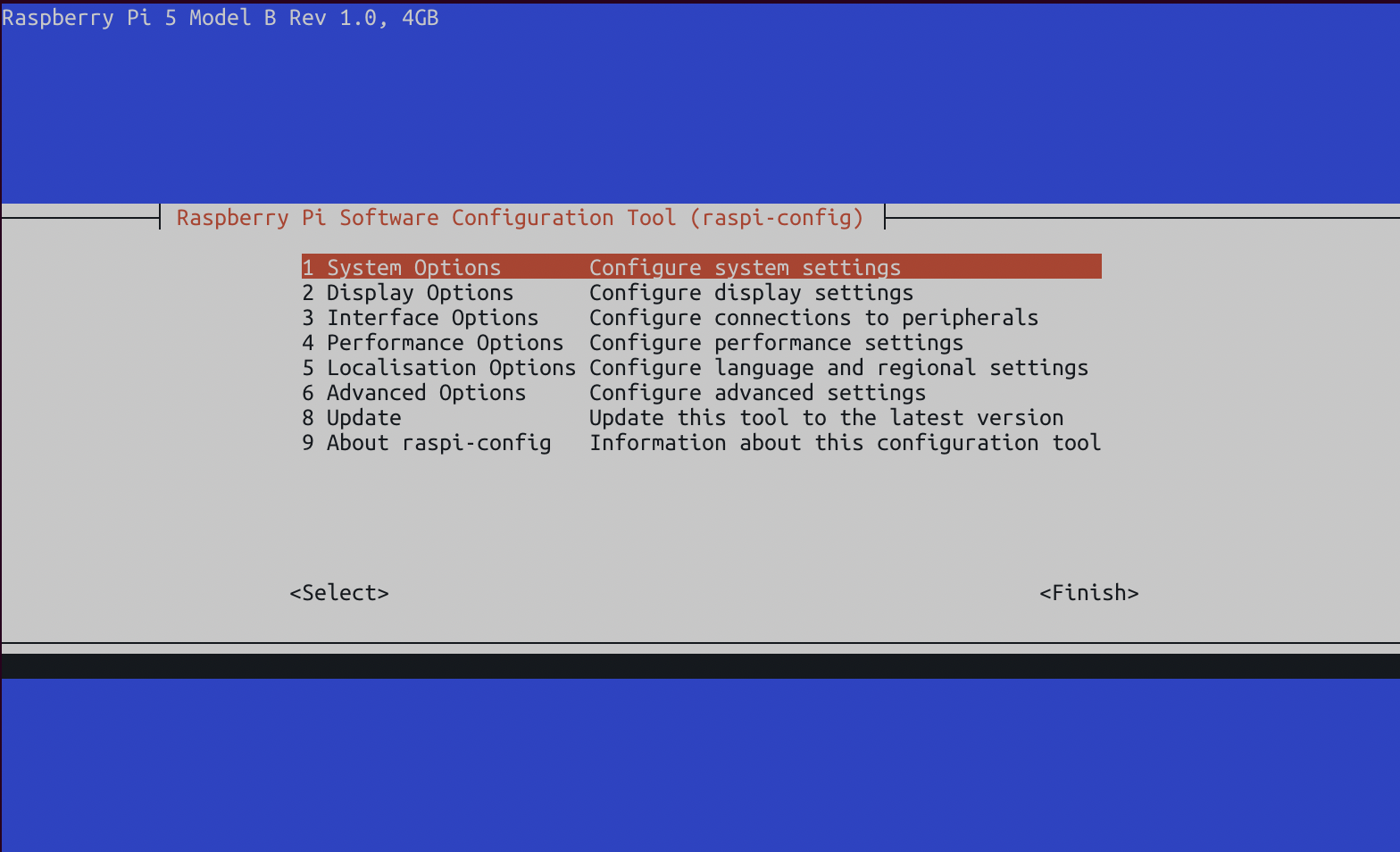
Choose 6 Advanced Options from the menu, which will show these options:
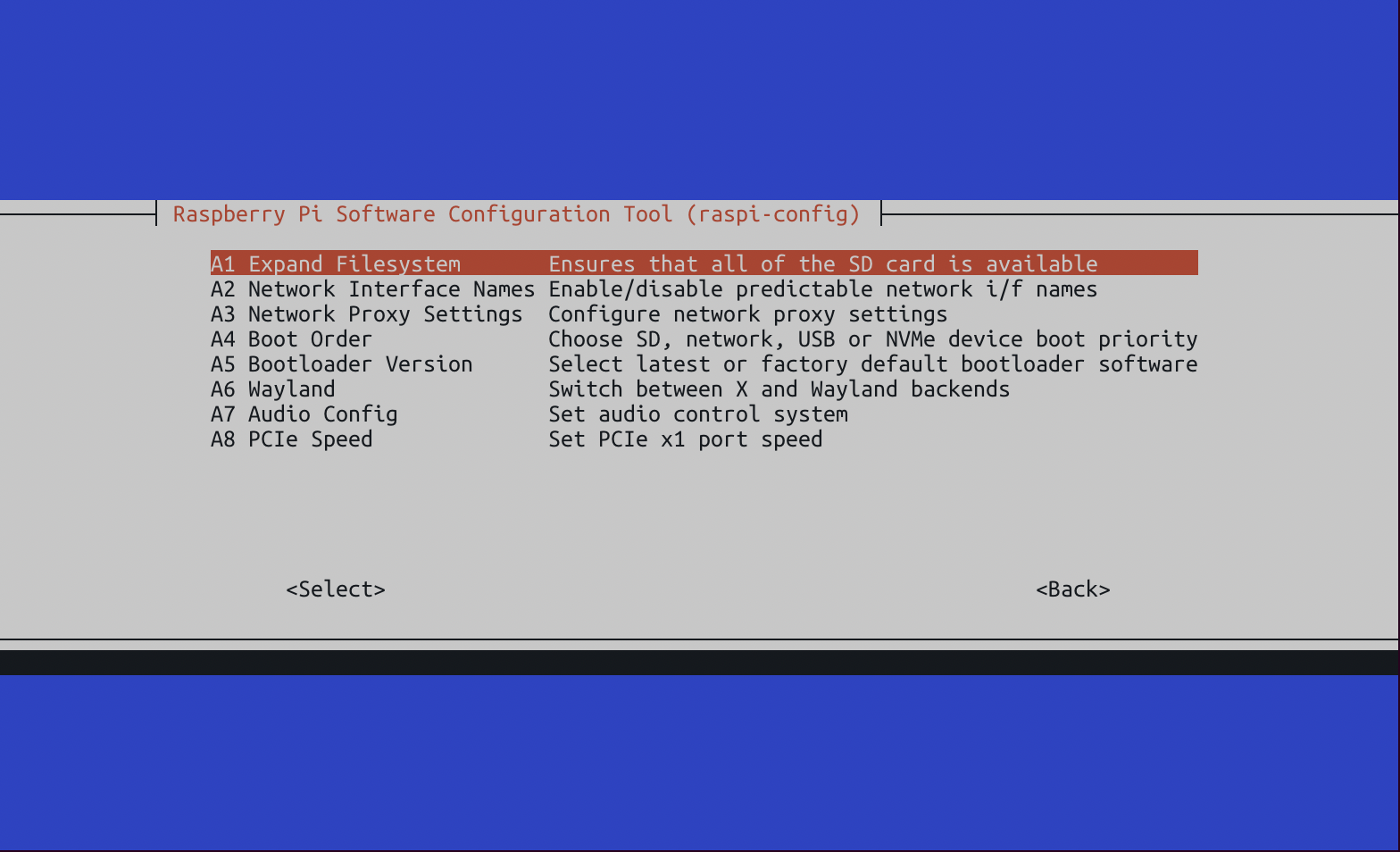
Select A5 Bootloader Version and opt for the latest bootloader version. Then, reboot your Raspberry Pi again.
Changing the Boot Order
To switch the boot order from the SD card to a USB or NVMe device, run sudo raspi-config again, select 6 Advanced Options, then A6 Boot Order, and finally choose B2 USB Boot.
Now, you can shut down your Raspberry Pi using the shutdown command, remove the SD card, and boot from the hard drive.
And voilà, happy me! 🌱

No comments to display
No comments to display